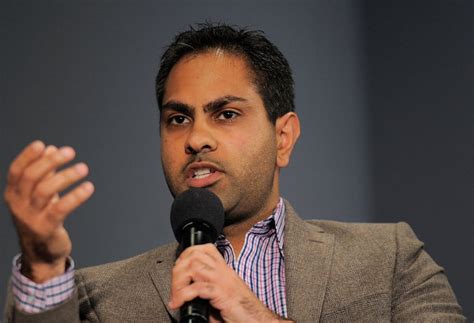A Quote by Howard Schultz
Cutting prices or putting things on sale is not sustainable business strategy. The other side of it is that you can't cut enough costs to save your way to prosperity.
Related Quotes
We wish to control big business so as to secure among other things good wages for the wage-workers and reasonable prices for the consumers. Wherever in any business the prosperity of the business man is obtained by lowering the wages of his workmen and charging an excessive price to the consumers we wish to interfere and stop such practices. We will not submit to that kind of prosperity any more than we will submit to prosperity obtained by swindling investors or getting unfair advantages over business rivals.
What business strategy is all about-what distinguishes it from all other kinds of business planning-is, in a word, competitive advantage. Without competitors there would be no need for strategy, for the sole purpose of strategic planning is to enable the company to gain, as efficiently as possible, a sustainable edge over its competitors.
The problem is, to have prices fall would work fine if we didn't have all these built in rigidities on downward prices, because then things don't adjust, and that's how we have recessions and depressions, is prices and costs don't adjust together and they get out of whack, and we end up with dislocations.
In industries where a lot of competitors are selling the same product - mangoes, gasoline, DVD players - price is the easiest way to distinguish yourself. The hope is that if you cut prices enough you can increase your market share, and even your profits. But this works only if your competitors won't, or can't, follow suit.

































